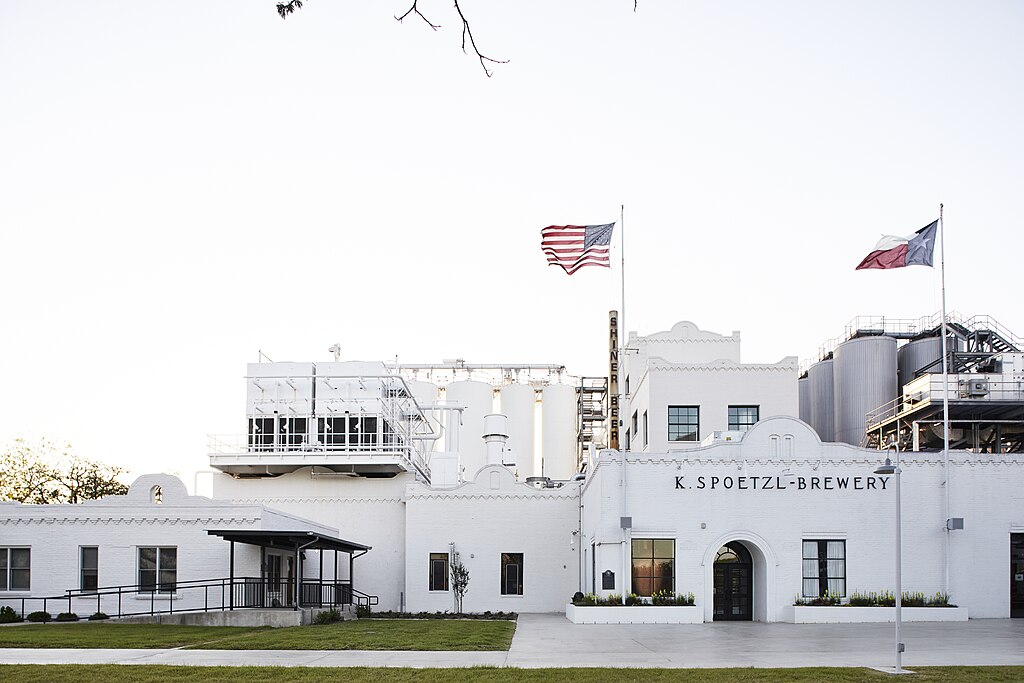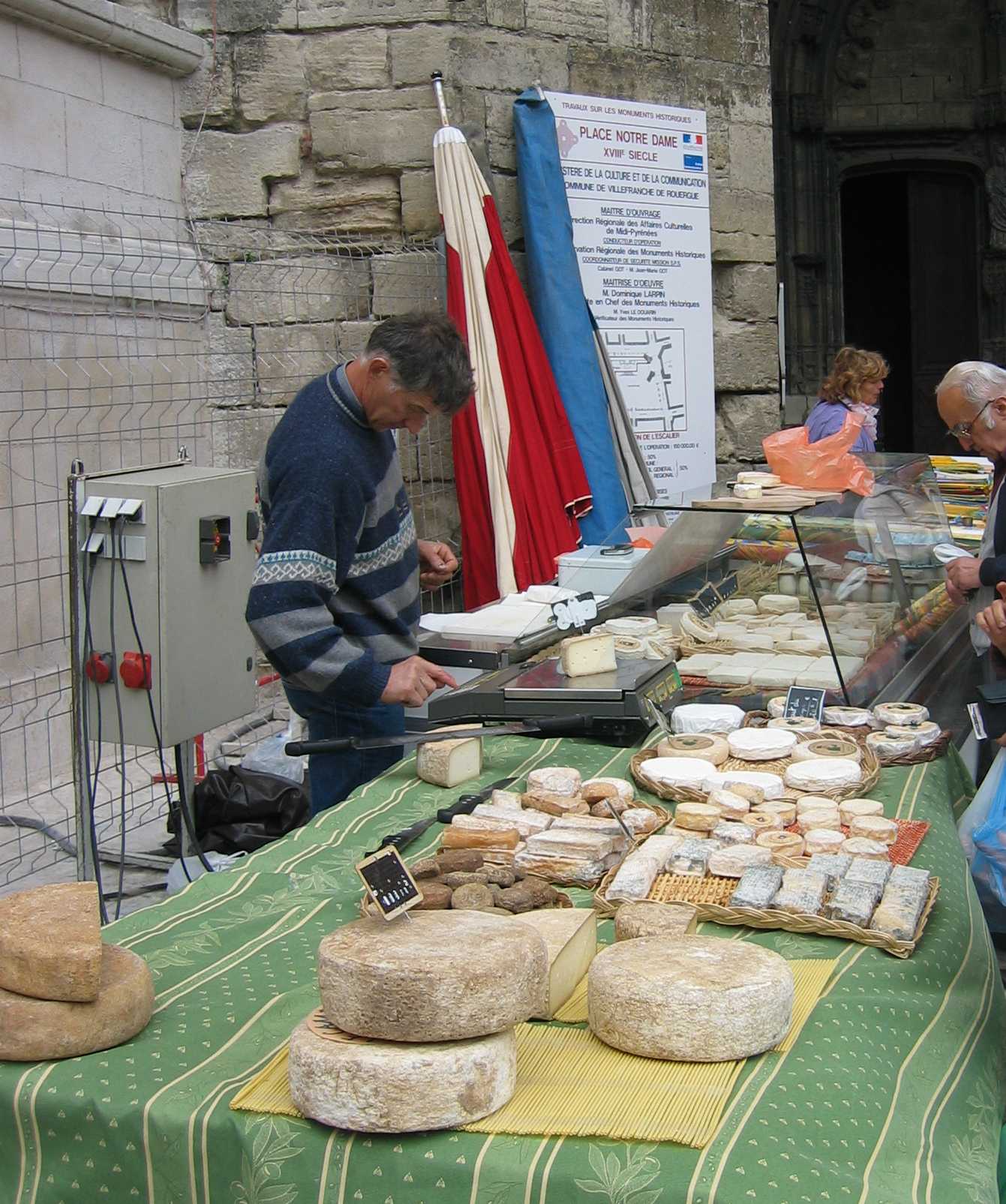Austin’s Craft Breweries & Vineyards with a Story

Austin's craft beverage scene goes beyond ordinary drinking spots. You'll find award-winning breweries like Jester King pioneering farmstead methods with Texas-grown ingredients, and multi-generational operations preserving Czech and German traditions rooted in the early 1900s.
Don't miss hidden gems like Slackers Brewing with its intimate community vibe or eco-conscious producers using solar power and practicing strong water conservation. These passionate craftspeople have transformed Austin's landscape through resilience and innovation.
The Resilient Trailblazers: Austin's Award-Winning Craft Pioneers
While craft breweries nationwide faced unprecedented challenges during the pandemic, Austin's beer pioneers not only survived but thrived, consistently earning recognition at prestigious competitions like the Texas Craft Brewers Cup.
You'll find breweries like (512) Brewing Company earning medals for their distinctive Pecan Porter, while other Texas standouts claimed Brewery of the Year honors in recent seasons. With over 900 beers evaluated from more than 160 Texas breweries that year, Austin's craftspeople stood out through innovative production methods including oak-aging and solar-powered brewing practices.
Their marketing often showcases the region's terroir, incorporating local ingredients like fruits and herbs grown on-site. Austin breweries shined in hop-forward styles, with Meanwhile Brewing Company’s IPAs consistently taking top spots, while Oddwood and Lazarus secured additional hardware.
This combination of quality, creativity, and resilience has cemented Austin's reputation as a rising star in the national craft beer landscape.
Farm-to-Glass: Breweries Championing Texas Agriculture
View this post on Instagram
Beyond the well-trodden beer trails of Austin lie exceptional taprooms that deserve your attention but often escape the tourist radar. Slackers Brewing near Cedar Park offers a distinctive ambiance with its intimate setting and community vibe, enhanced by neighboring Interstellar BBQ for perfect food pairings. Downtown, you'll find Central District Brewing's plant-rich environment and Hold Out Brewing's sessionable ales with in-house dining. East Austin's emerging scene blends local culture with brewing innovation, featuring experimental beers and dog-friendly patios. Don't overlook Austin Beerworks' flagship Peacemaker or Jester King's rustic Hill Country fermentations. Meanwhile Brewing, Pinthouse, Southern Heights, and Whitestone have earned loyal local support through unique flavors and community focus. These hidden gems represent Austin's diverse craft landscape at its most authentic. For those who appreciate Belgian brewing traditions, Celis Brewery offers exceptional witbiers that balance complex flavors and refreshing drinkability. While Austin's craft brewing scene thrives with innovation and flavor, a growing movement toward environmental stewardship has emerged among local producers. You'll find breweries implementing thorough waste reduction strategies, from diverting spent grains to farms to installing efficient lighting systems that cut energy consumption. Many local breweries have been building sustainability initiatives since the mid-2000s. Visit these eco-conscious establishments to experience sustainability in action: The most sustainability-minded breweries track water usage meticulously, using about 4–5 gallons per gallon of beer—below typical industry averages. Austin's most celebrated craft breweries often trace their roots to humble beginnings in garages and backyard brewing setups. Zilker Brewing exemplifies this journey—three friends left their day jobs in 2015, transforming homebrew passion into a thriving East Sixth Street destination that has continued to grow while others faced headwinds. The founders specifically chose their East Sixth location because it reminded them of walkable neighborhood breweries they admired elsewhere. Meanwhile Brewing’s rapid rise to producing thousands of barrels showcases how homebrewing competitions can spark commercial potential. These success stories weren't without challenges—founders faced initial cash flow hurdles, market skepticism, and production scaling difficulties. Women have played pivotal roles in this evolution, contributing leadership while creating inclusive spaces. Many breweries start with focused offerings before expanding, sometimes launching as contracting brewers before opening taprooms. Their perseverance has cultivated Austin's distinctive brewing identity that stands proudly alongside Portland and Seattle. Though craft beer has dominated Austin's beverage headlines, the region's wine producers have quietly transformed the local landscape with remarkable economic impact. Contributing to Texas's $20-plus billion wine industry, Austin-area vineyards are pioneering boutique winemaking innovations while creating over 100,000 jobs statewide and generating substantial tax revenue. The wine industry supports well over 100,000 jobs across Texas, providing significant employment opportunities in rural and urban areas alike. When exploring Austin's vineyard ventures, you'll discover: As Texas ranks among the nation’s largest winemaking states, Austin's vintners are crafting distinctive expressions that tell the story of the land. Beyond the individual excellence found in local breweries and wineries, the true strength of Austin's craft beverage scene emerges from its deeply collaborative culture. You'll witness industry camaraderie when local brewers share ingredients during shortages or pool orders to secure better prices. This cooperation extends beyond practical needs—Austin's breweries frequently develop joint recipes, giving creative credit to all participants. These partnerships manifest through collaborative festivals and tap takeovers, where competitors set aside rivalries to celebrate craft excellence together. Resource-sharing networks have made smaller breweries more resilient against market pressures, while collective beer culture promotion educates consumers about supporting local producers. Local microbrews like Austin Beerworks show significant strength in their home market, demonstrating their importance to the regional craft beer landscape. Even when facing industry challenges, Austin's craft beverage makers respond cooperatively, proving that community building ultimately strengthens everyone's position in the market.Family Legacy: Multi-Generation Brewing Traditions in Central Texas

Hidden Gems: Undiscovered Taprooms Worth the Visit
Sustainability Leaders: Eco-Friendly Brewing Practices
From Garage to Greatness: Homebrewer Success Stories
Vineyard Ventures: Wine Producers Shaping Austin's Beverage Landscape
Community Collaborations: How Local Partnerships Strengthen Austin's Craft Scene




